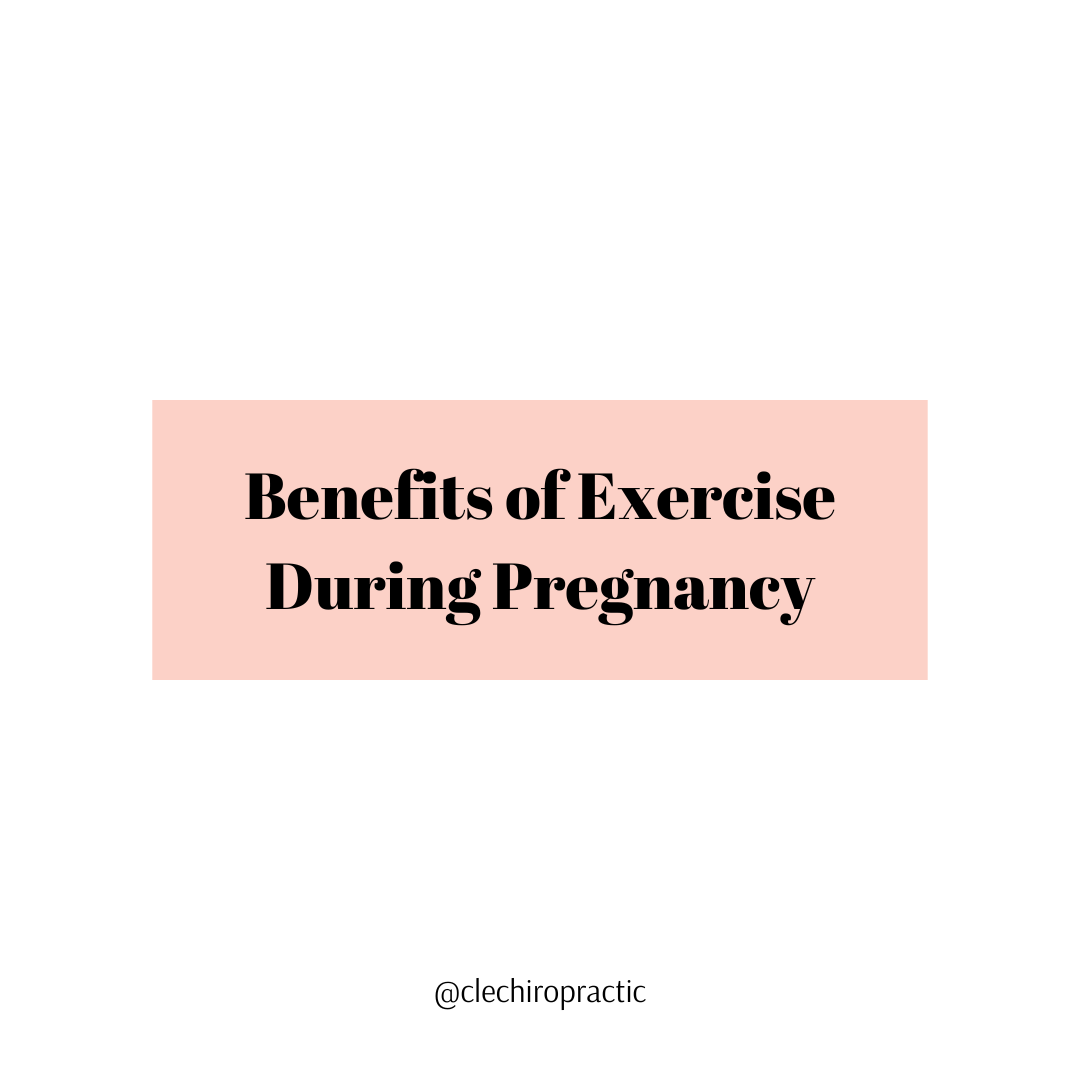Congratulations…you’re pregnant!! So now what? There is so much focus early in pregnancy for finding healthcare provider, having early tests done, and starting to modify daily life as your body changes due to hormones and growing baby…but what about what to do to stay healthy and maybe even prevent some of the undesirable pregnancy symptoms. Here are a few things you can do to help support a healthy and functional pregnancy:
1. Focus on nutrient dense foods: Consuming more whole foods and high nutrient foods is not only good for you but also for growing baby. The vitamins and minerals in our foods serve as the building blocks for our bodies including essential hormones needed during pregnancy and for baby to grow optimally. What are some high nutrition foods to consider during pregnancy? Grass-fed meats (even organ meats!), local/free-range eggs, fish (salmon is a great option! Keep in mind to avoid high mercury fish), fresh fruits and vegetables (local and organic if possible), nuts and seeds, homemade soups/stews, grass-fed butter (if dairy is tolerated), and coconut oil are great options to incorporate into your diet. It can be challenging to get all the nutrients only from what eat/drink so supplementation may be helpful and is often recommended. Talk to a holistic healthcare provider (i.e. functional medicine provider, naturopath, chiropractor) to learn how to best support your body’s needs
2. Stay hydrated! Yes, drinking plenty of water is important, but making sure your body is absorbing and actually hydrating is essential. Typically, the recommended intake for water is half your body weight in ounces per day. During pregnancy, drinking at least 80 ounces per day is a common recommendation. Even for people who are consuming enough fluids may still feel thirsty or not hydrated. So what you can do? While drinking water is important and beneficial, there are other options for getting fluids to stay hydrated. Fresh fruits and vegetables are full of water and your body actually retains more water than just drinking water alone due to the digestive process which allows for more optimum fluid absorption. Other liquids such as herbal teas (be sure to check with your provider for which ones are best during pregnancy), bone broth, coconut water, and electrolyte drinks are great options for hydration. We love LMNT and Nooma as electrolyte supplements! Electrolytes contain mineral salts which are necessary for the body to properly absorb and retain fluid for hydration and optimally body function.
3. Keep moving! Movement is essential for health, especially during pregnancy. During different phases of pregnancy, movement can feel different and your body may have different needs. Typically, walking and stretching can be done throughout pregnancy. Prenatal yoga can be a wonderful way to incorporate movement, stretch, work on breathwork, reduce body tension, and even add some strengthening. Often during the first trimester, due to fatigue and all the hormone changes, movement and exercise can be challenging. Be patient with yourself and listen to your body. Incorporate movement/walking/stretching that feels right for your body. Stretching is important, but so is strengthening during pregnancy. Working on optimally breathing, core function, pelvic stability, along with general body strength can help keep the body healthy during pregnancy and help prepare for birth. Of course, consult with your healthcare provider before starting any new routines and/or if you are experiencing any pain or symptoms.
4. Manage stress: We all experience stress. Stress is often looked at as a negative part of life, but actually anything that causes our bodies to change or grow is considered “stress” or a stressor (yes, food and exercise can be considered “stress”). Stress, as we commonly think, is more running late, endless errands, traffic jams, overwhelming work loads, family issues, etc. Some of these stresses we can avoid, some we cannot. The important thing to keep in mind is that we cannot or should not avoid all “stress.” We don’t always have control of what we experience but we can do things to help manage our response, so we don’t feel stressed. This is especially important during pregnancy. Unnecessary stress, of course, can cause physiological responses including tension, headaches, and increased blood pressure (all not ideal during pregnancy), but can also affect hormones and the balance of our sympathetic/parasympathetic system (fight or flight/rest and digest). Some ways we can help reduce the stress or tension our body holds include breathwork (think slow deep breaths), walking, journaling, doing things we enjoy, and even talking to someone (working with a counselor or therapist may be beneficial, too!). Talk to your provider if you experience a lot of stress or are having issues/concerns about how your body handles stress.
5. Body work: Our last recommendation (but certainly not least!), consult a professional to help identify tension, imbalances, and dysfunction in your body. We recommend chiropractic, acupuncture, prenatal massage, and pelvic floor therapy during pregnancy…even if there isn’t pain or a “problem.” The body goes through so many change during pregnancy; working with one or a few of these providers can help identify issues/imbalances before they cause problems and recommend ways to maintain optimum function. In addition to identifying issues, body work can help release tension, improve nerve/blood/lymphatic flow, and allow for proper movement and changes (especially in the pelvic region!). Typically, you can seek care for body work at any stage during pregnancy. We are proud to offer chiropractic, acupuncture, prenatal massage, and pelvic floor therapy at our clinic and also collaborate with or recommend other providers in northeast Ohio to help best serve our patients and community. Pregnancy comes with so many changes and often challenges. Having some tools and tips to support your body and growing baby during pregnancy is important. As always, we are here to support you through all stages of pregnancy, including preconception and postpartum.
If you have questions or would like to schedule a consultation, please contact our office at 216-952-3830.





